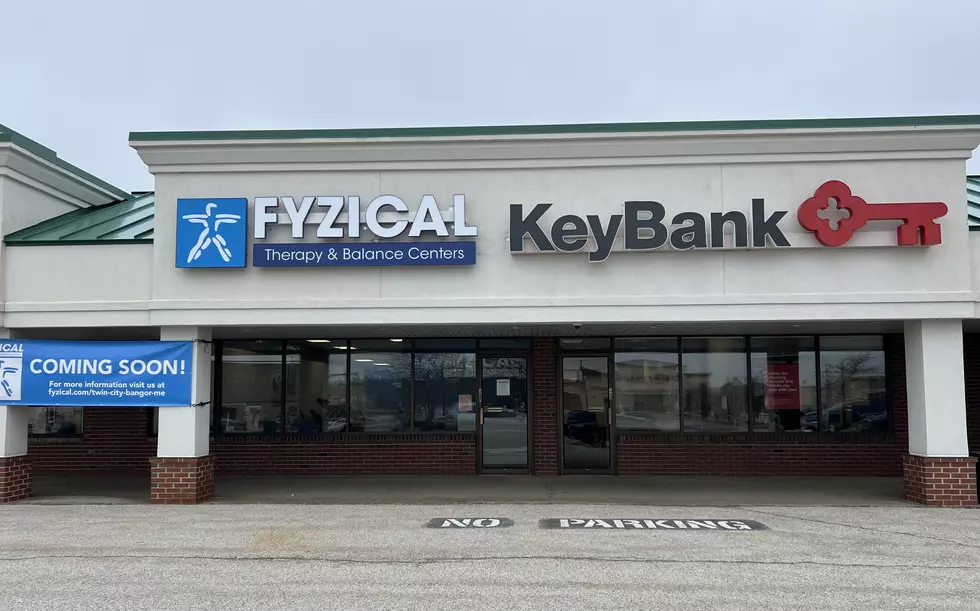
Cutting The Phishing Line
Just the other day a friend of mine was sent a phishing e-mail about her credit card being hacked and much to my amazement she called the number on the e-mail and gave them most of her information before she started feeling hinky about the whole thing and stopped. She then did the appropriate thing and called the number on the back of her credit card. I want to reiterate to you your credit card company or bank will NEVER e-mail you if you account is compromised, they would call you.That said my friend is far from alone but a new study looks at the possible technology that can help protect people from cyber attacks, including "phishing," which study authors from Royal Holloway University believe has affected some 37.3 million individuals in the last year alone.
Phishing involves cyber criminals creating fake websites that look like real ones but lure users into entering their login details and other personal information. The study notes individuals aren't the only ones at risk. for example, the Syrian Electronic Army (SEA) has successfully launched phishing attacks against employees of the Financial Times in order to enable them to post material via their website and create mass attacks that were launched within Iran using a fake Google email right before the elections took place.
Fortunately, scientists have created a new system called Uni-IDM that enables those to create electronic identity cards in order to access each website. As the cards are securely stored, this allows owners to simply click on one and log back in safely with the knowledge that the website is truly authentic or not real.
The answer is not here but it will be. Meantime be wise.
Click here to learn how to create a strong password
More From WWMJ Ellsworth Maine






